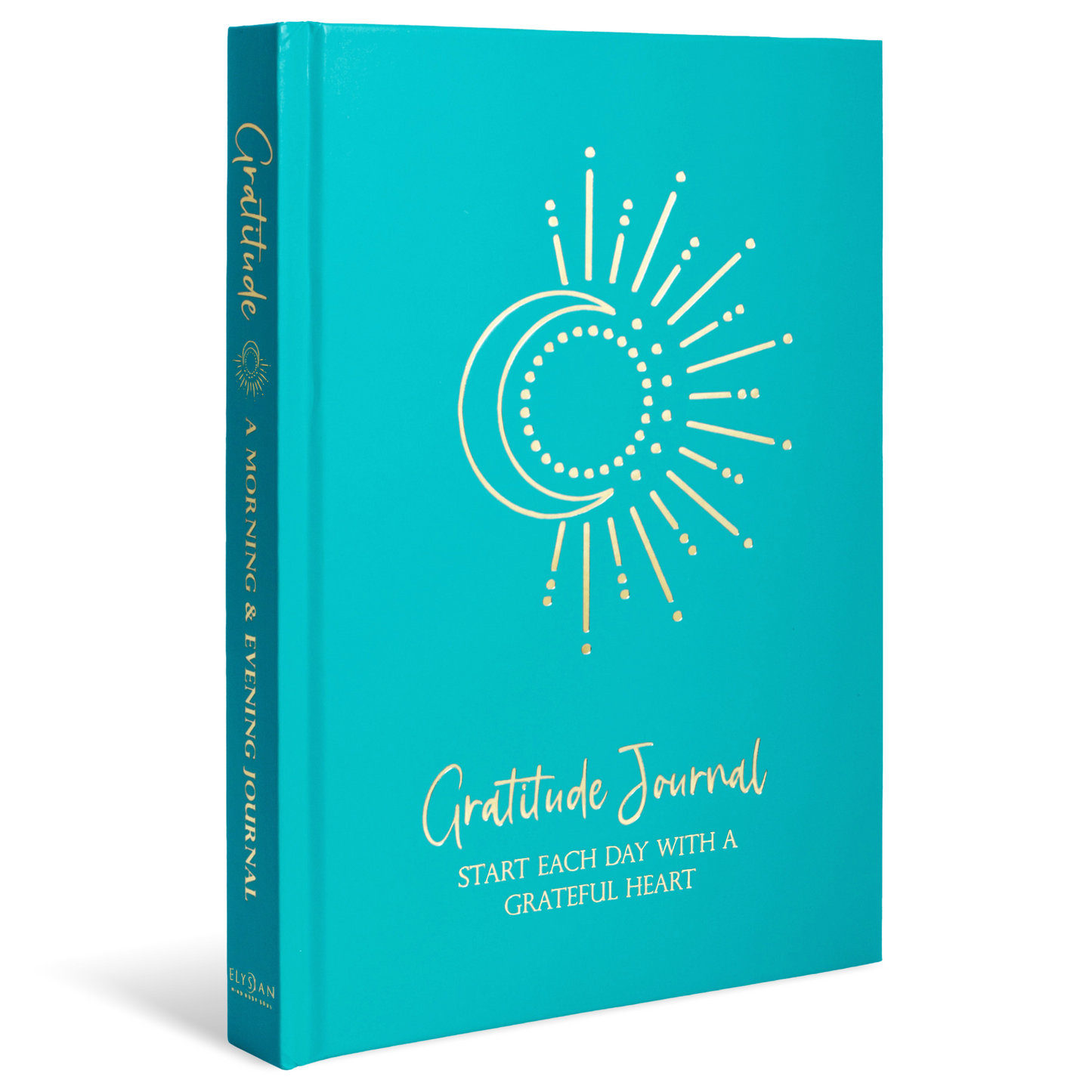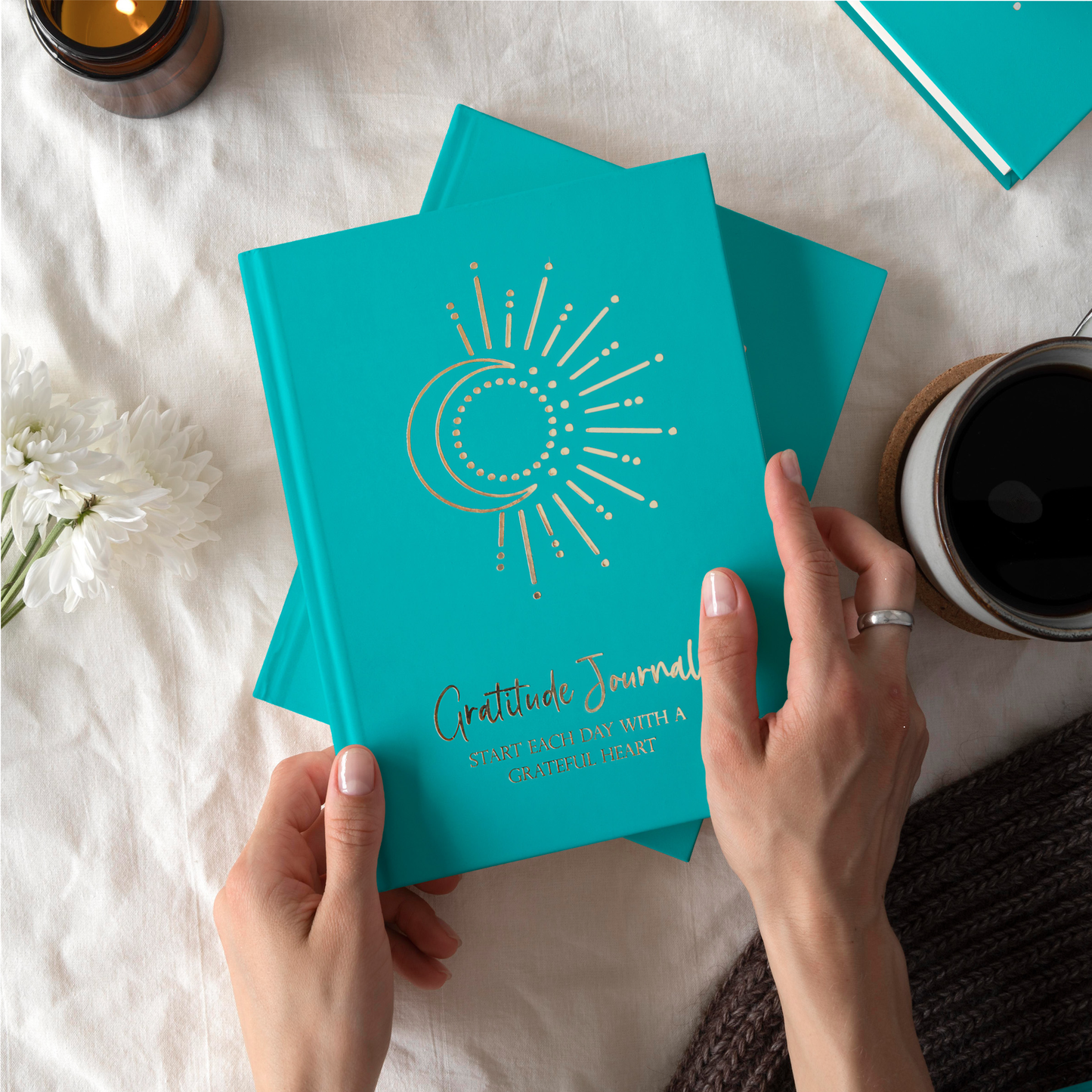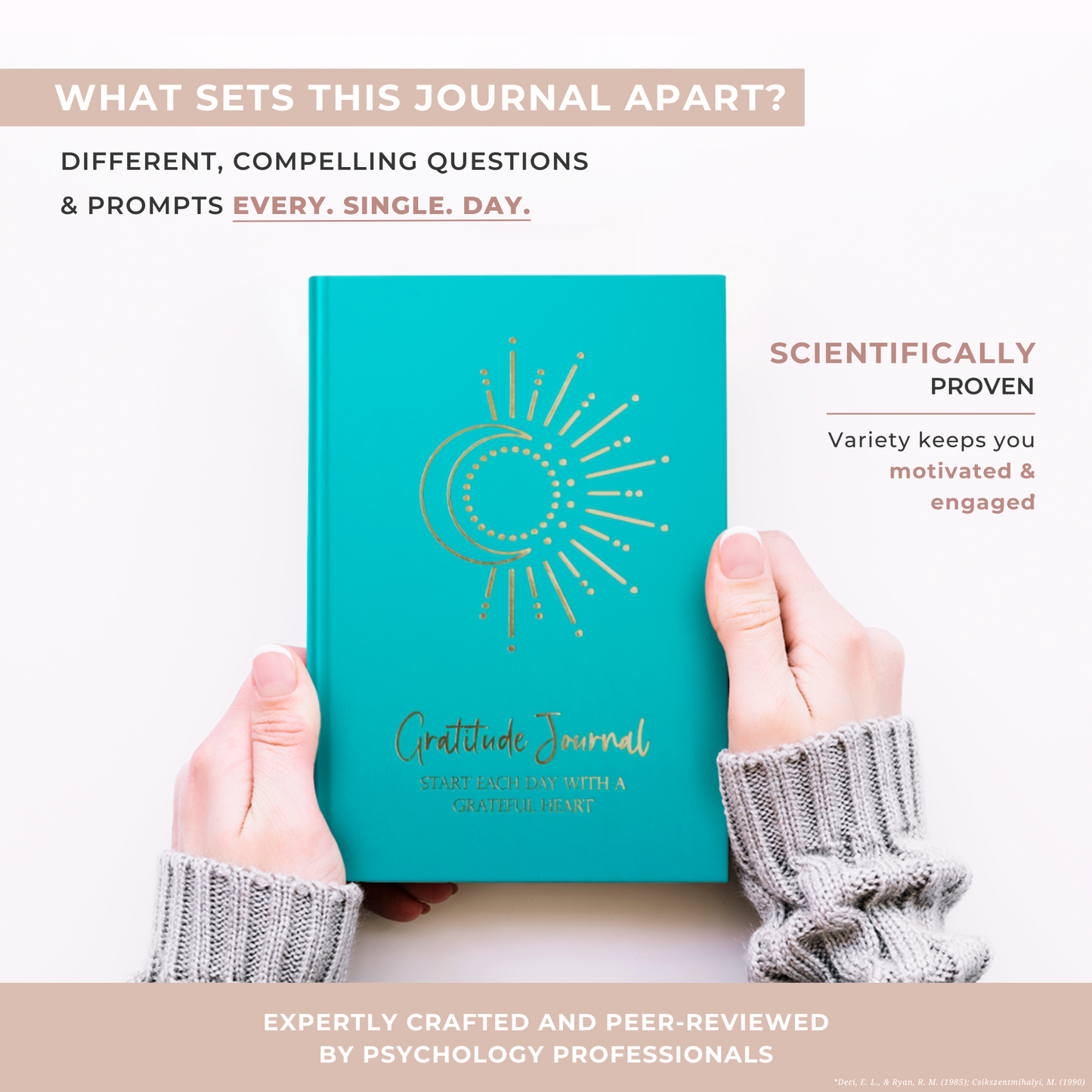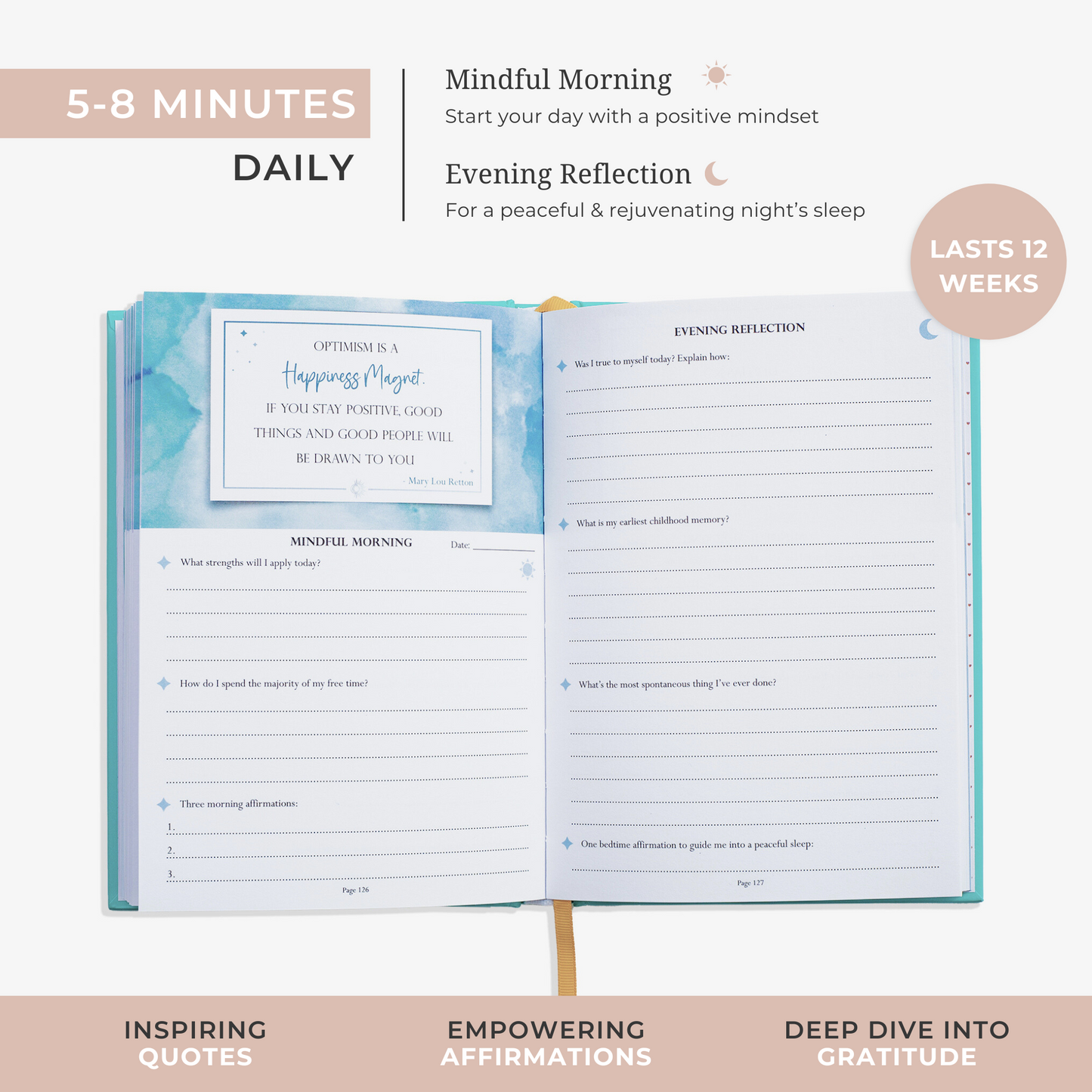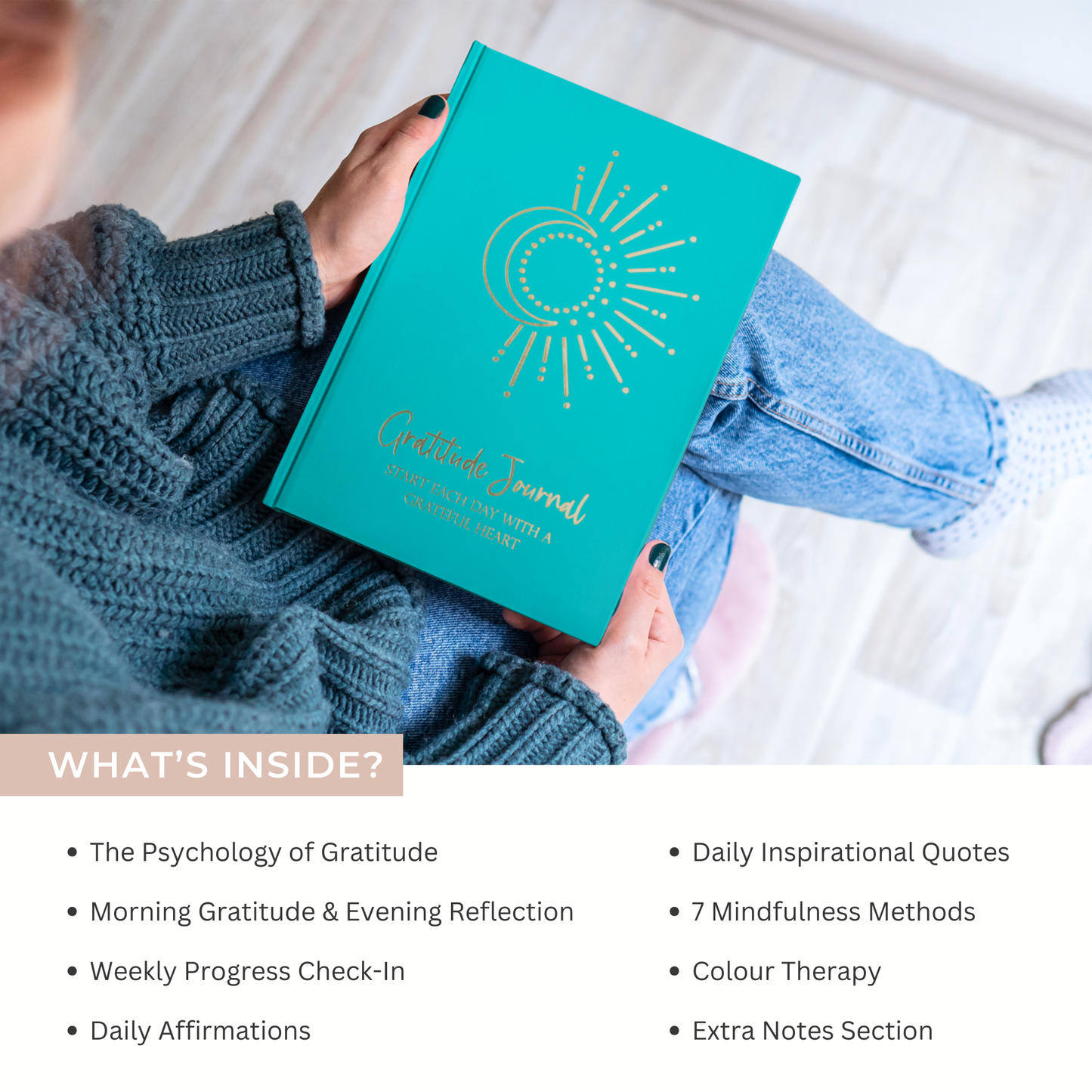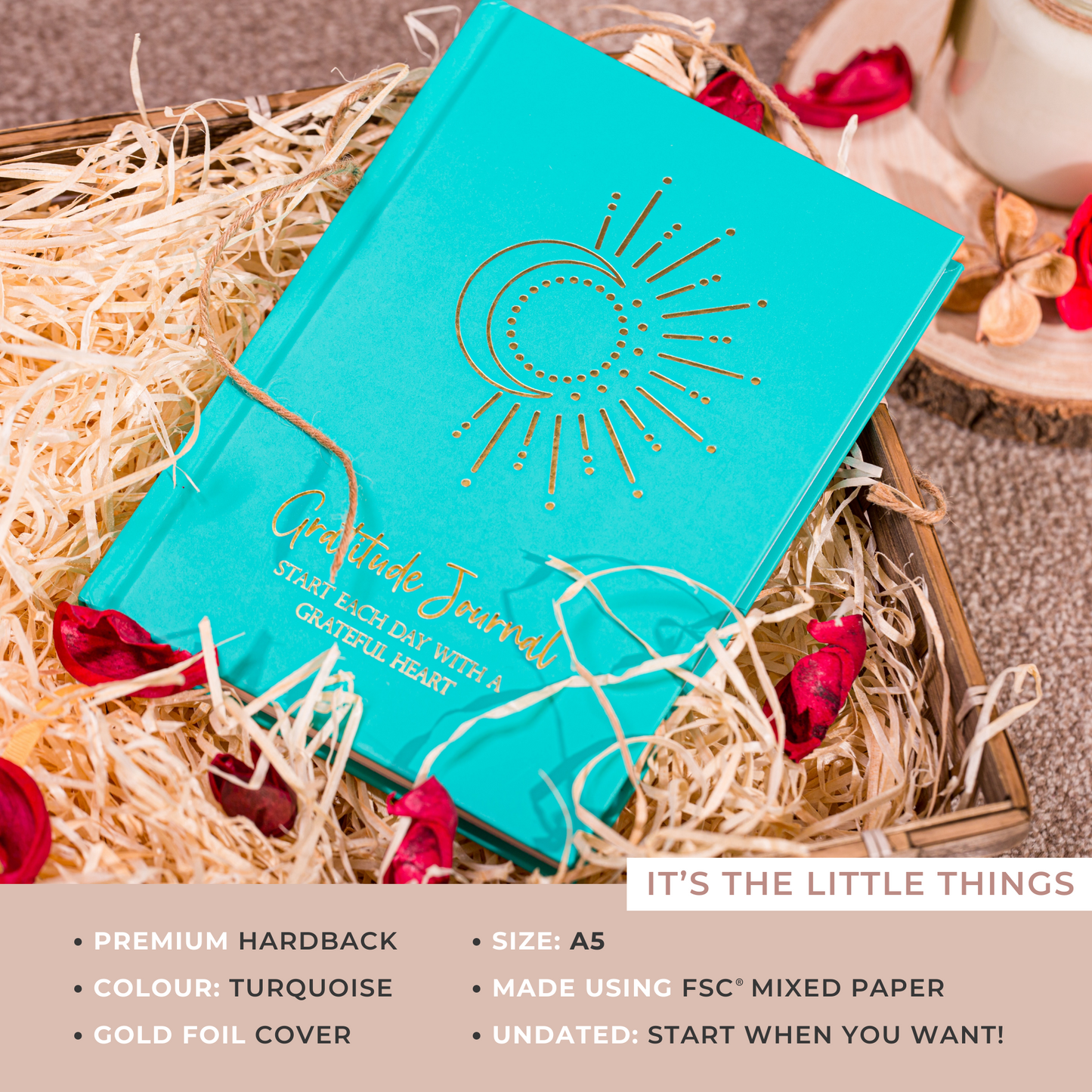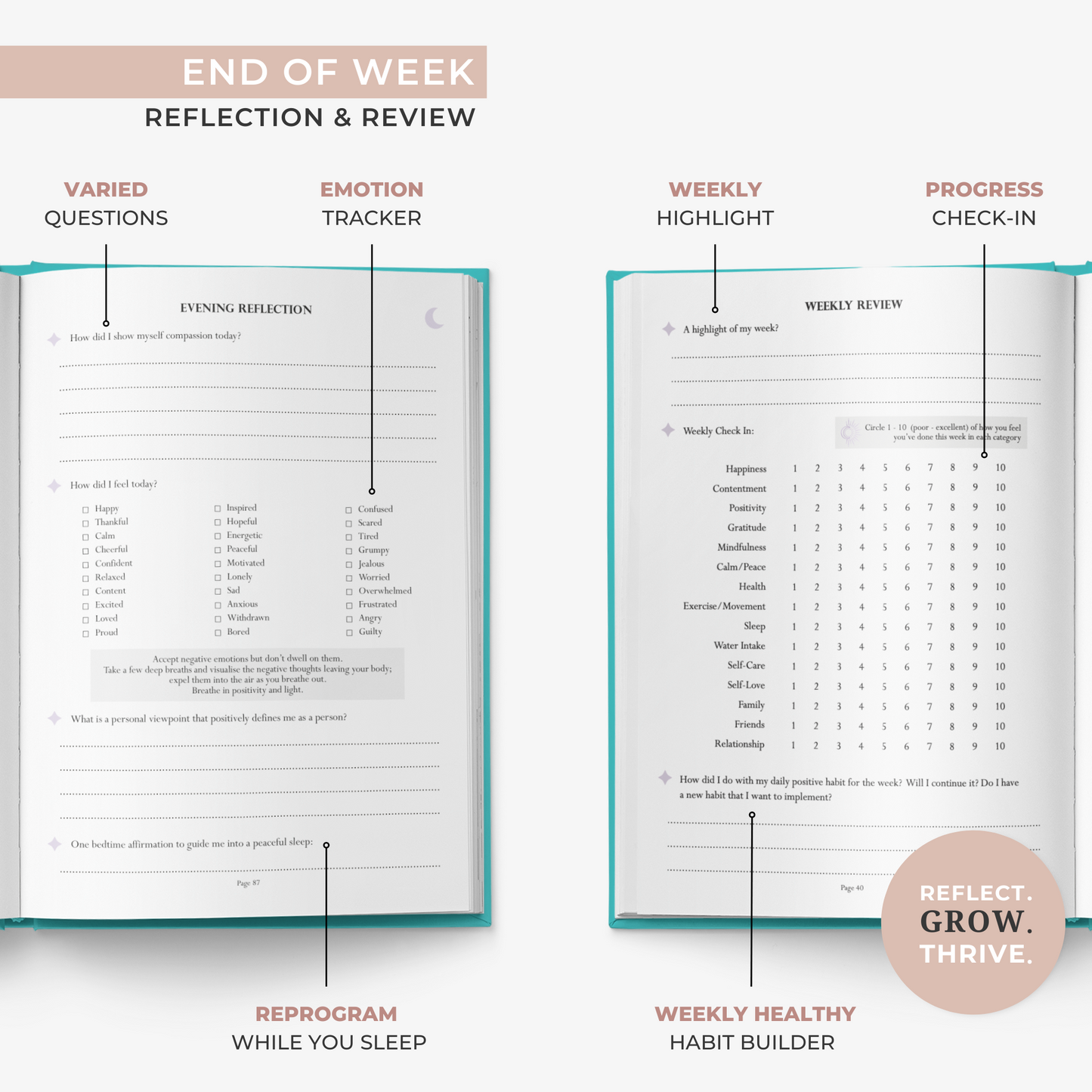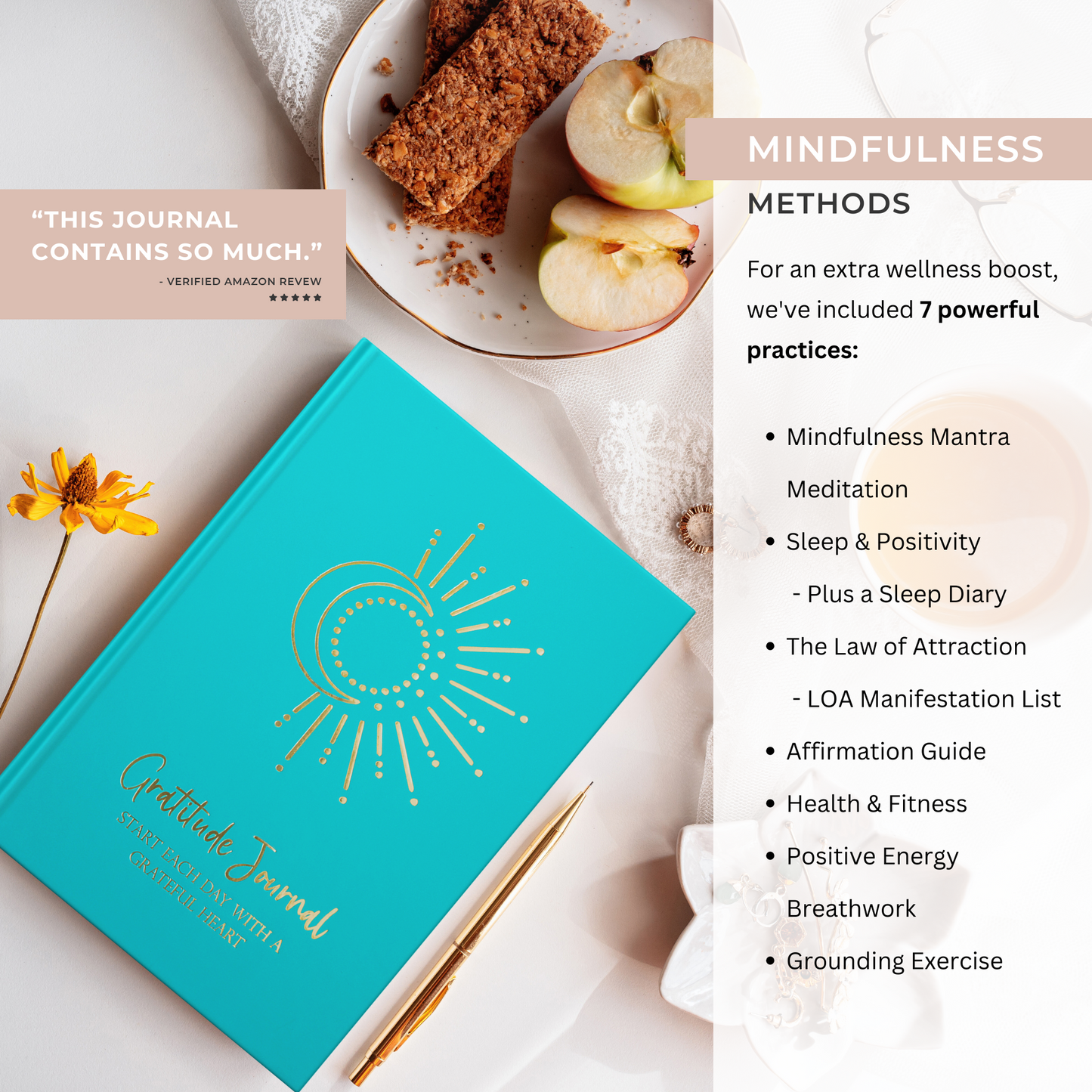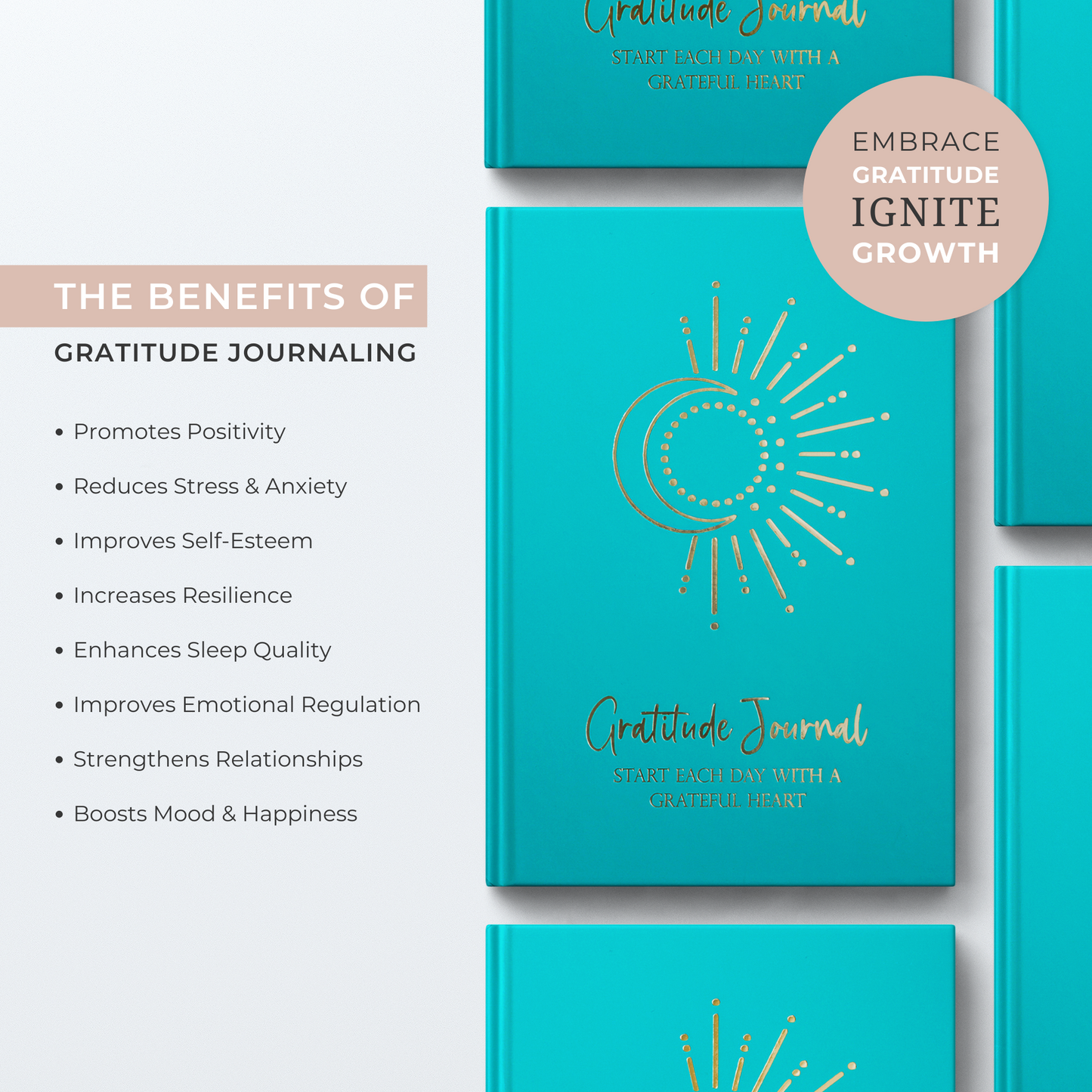Wellness Strategies for Coping with Election Stress
Do you ever feel that sense of powerlessness when events that matter are completely out of your hands? It’s a feeling many of us can relate to, especially during major elections or other large-scale events. Living in the United States but unable to vote, I know firsthand how it feels to be impacted by outcomes you can’t influence. For me, it’s been a journey to manage the stress and occasional despair that comes from feeling powerless, and I’ve had to lean on specific wellness strategies to find balance. If you’re feeling stressed or disappointed right now, know that you’re not alone.
This isn’t a political discussion—rather, it’s a space to acknowledge the real emotions that arise in times like these and explore ways to navigate them. When circumstances are out of our control, it can be comforting to focus on what is within our reach. Here are some ways to find calm, even when the world feels uncertain.
1. Honour Your Feelings Without Judgment
When emotions are high, we often put pressure on ourselves to “move on” or “stay strong.” But bottling up feelings of disappointment, frustration, or anxiety can intensify stress, impacting our mental health. Instead, take time to acknowledge what you’re feeling—whether it’s sadness, anger, or simply exhaustion.
I like to think of it as giving my feelings a seat at the table. You might try writing in a journal or simply saying aloud, “I feel disappointed right now, and that’s okay.” Allowing yourself to feel without judgment is often the first step to processing emotions in a healthy way.
2. Ground Yourself in the Present Moment
When we’re stressed, our minds can race into the future or spiral into worst-case scenarios. Grounding techniques are a powerful way to bring yourself back to the present and remind your body that you’re safe right here, right now.
One technique I’ve found helpful is the 5-4-3-2-1 sensory exercise: name five things you can see, four things you can touch, three things you can hear, two things you can smell, and one thing you can taste. It’s quick but deeply grounding, helping shift the focus from stress to present awareness.
Another method is deep, mindful breathing—breathe in for four counts, hold for four, and release slowly for six. Studies show that this simple breathing exercise activates the body’s relaxation response, lowering cortisol levels and helping you feel more centred.
3. Create Boundaries Around Media Consumption
In times of uncertainty, it’s easy to get caught in the habit of checking the news or scrolling through social media constantly. While staying informed is important, too much media consumption can lead to heightened stress and even a sense of dread.
Try setting specific times to check the news—perhaps once in the morning and once in the evening—and give yourself permission to step away otherwise. Consider muting specific keywords or accounts that might trigger stress, or even taking a short break from social media altogether. Protecting your mental health is a valid reason to set boundaries, and stepping back doesn’t mean you don’t care. In fact, it means you’re prioritising your well-being so you can show up fully for yourself and those around you.
4. Reclaim Your Daily Routine for Stability
When the world feels unpredictable, returning to familiar routines can create a sense of stability. For me, simple rituals like starting the day with a cup of tea, going for a short walk, or jotting down thoughts in my gratitude journal have been grounding practices that anchor my day.
Routines are powerful because they offer small, predictable moments of control. Start by identifying one or two things you enjoy that bring you comfort, and make them part of your daily routine. It doesn’t have to be elaborate—a mindful five-minute stretch or journaling session can make a huge difference. Consistent routines help remind us that no matter how chaotic things feel, we can still cultivate peace within ourselves.
5. Channel Your Energy into Meaningful Actions
High-stress events can leave us with restless energy, and redirecting that energy into something positive or meaningful can be a powerful way to regain a sense of agency. One of my favourite ways to do this is by engaging in projects or activities that feel nourishing, whether it’s cooking, creating, or even organising.
Another approach is to connect with loved ones who feel similarly. Sometimes, shared understanding and a reminder of our shared humanity can ease feelings of isolation. Focusing on personal growth, setting small goals, or helping out in the community can bring a sense of purpose and positive focus when larger events feel overwhelming.
6. Practice Self-Compassion as You Navigate the Days Ahead
In times of stress, many of us are quick to criticise ourselves, feeling as though we should be “stronger” or “less affected” by events we can’t change. But that self-critical voice only adds to our stress. Practicing self-compassion—by being kind to ourselves, just as we would a close friend—has been shown to reduce anxiety and improve resilience.
One technique that has helped me is writing a short letter to myself when I’m struggling, acknowledging my feelings and offering reassurance. You might try starting with: “I’m feeling really disappointed right now, and that’s okay. This feeling won’t last forever, and I’ll take care of myself until it passes.” Remind yourself that you’re not alone in feeling this way, and that these emotions are valid.
Final Thoughts: Finding Peace in the Uncontrollable
Remember, you’re not alone in feeling impacted by events that matter to you. When outcomes are beyond our control, focusing on what we can do, like setting boundaries, practicing grounding, and leaning into self-care, allows us to reclaim our inner calm. In moments of stress, choosing compassion—for yourself and others—can make all the difference.
If you’re seeking additional support, consider incorporating tools like our Elysian Wellbeing Gratitude Journal or Affirmation Cards into your daily routine. These small, intentional practices can be a lifeline, helping you stay connected to what grounds and uplifts you.
It’s okay to feel affected; it’s okay to take time to process; and it’s okay to prioritise your peace. Let’s navigate these uncertain times together, one step and one breath at a time.




